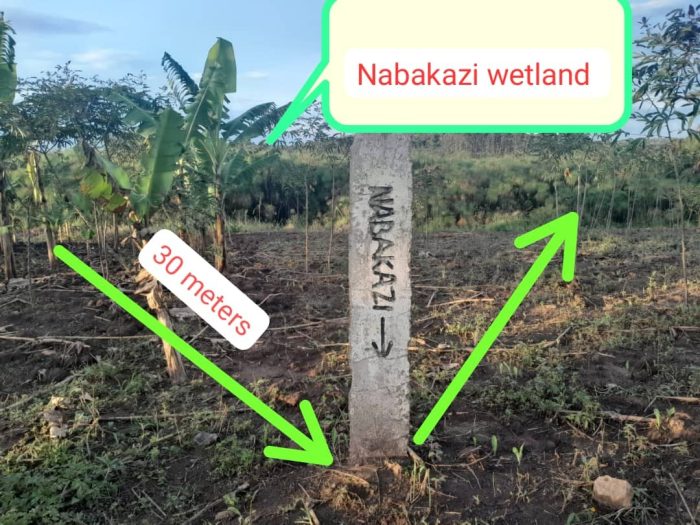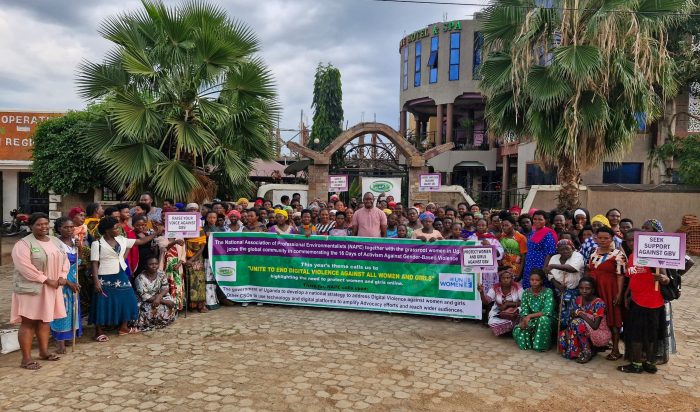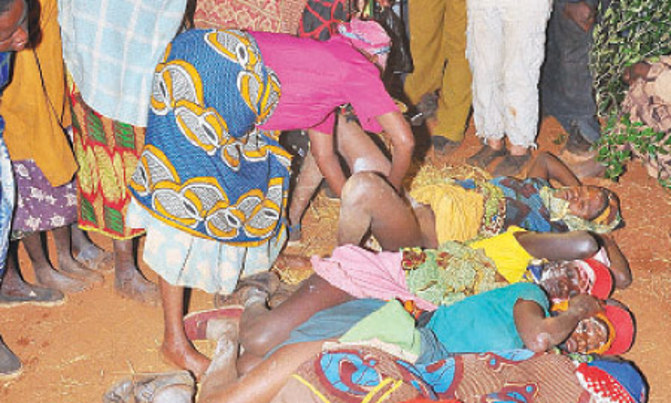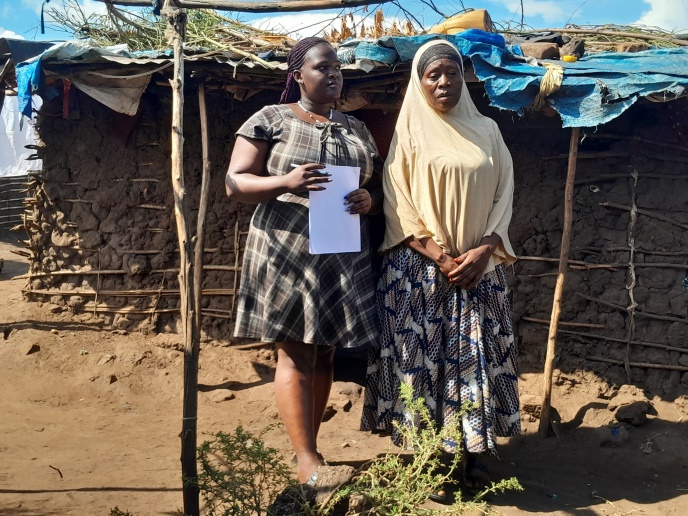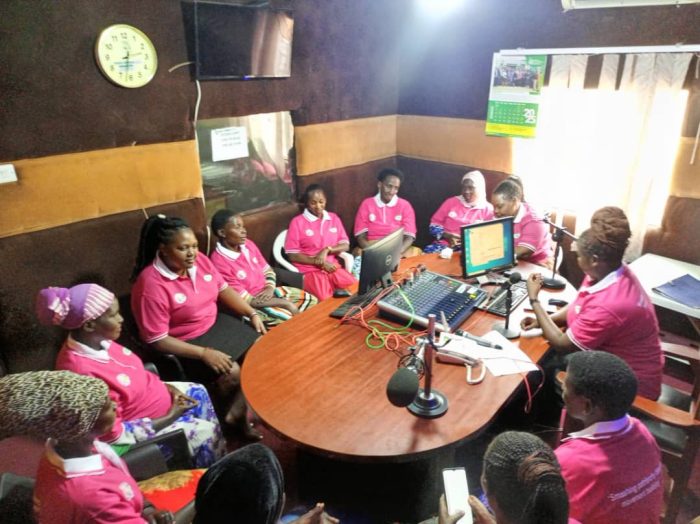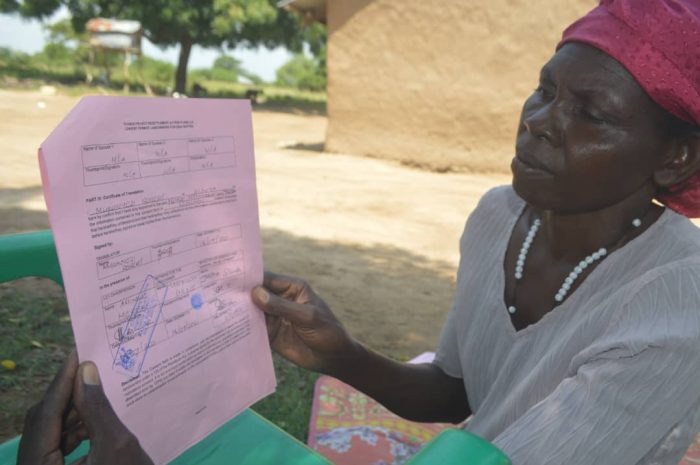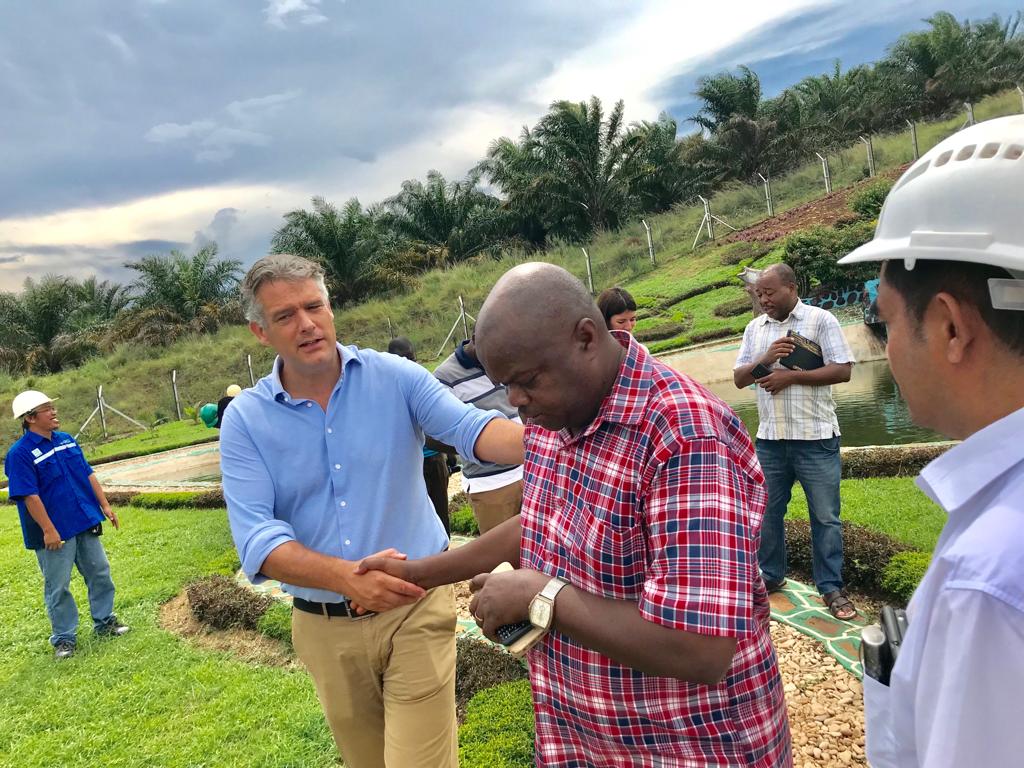
Given that women face many socio-economic and Environmental injustices – domestic violence, democratic access to land and land-based resources, discriminatory cultural practices and norms, gender-blind laws and regulations that do not protect women’s rights; organizing and mobilizing women to build collective power to challenge the status quo is the solution.
Women Movement’s feminist School, therefore, was a perfect space that provided popular education for the women to learn together, build knowledge together, deepen their understanding of the dynamics of the current extractive development models together, plan together, crafts eco-feminist actions and strategies that responds to their needs as women together so that in solidarity with one voice to fight for their rights.
The Rural Women’s Movement (WM) is an initiative of grassroots women that fights for women’s rights, Energy, climate and Environmental justice in Uganda in particular, and in Africa in general. The women’s movement has a goal of building eco-feminist perspective of development alternatives.
Women’s organizing has come in the backdrop of the current foreign-driven investment models that prioritizes profits over people’s lives, especially women. These foreign investments have resulted into untold suffering to communities, and women are facing a lot of injustices including physical violence like rape, Kidnap, murder, loss of productive land to sustain their families among others in different regions of Africa, but they have kept silent about these injustices due to fear of being victimized and thought to be disrespectful to cultural norms. In the worst-case scenarios, they are miscommunicated from their communities for going against the cultural norms.
Sostine Namanya, the Gender officer at National Association of Professional Environmentalists (NAPE), who were co-organizers of the Feminist School said that women must stand-up and challenge these injustices and improve their lives through eco-feminist approaches that can enable them realize the changes they desire.
The women’s movement is running a campaign code named “The Women building power” which is a women’s campaign to fight for Justice, climate and Energy challenges, but the way the campaign is implemented should not cause harm to women because “there is nothing for us without us”, hence women should learn to say NO to injustices” says Namanya.
The Movement aims at working towards developing women’s activism capacity and ensuring women’s power in their homes, possessing equal rights, and ensuring women’s rights over their bodies, feminist solutions to changing women’s thinking because women represent most obvious groups in their communities.
Donna Andrews, from the WOMIN, an African Women’s Alliance against Destructive Extractivism said that women’s issues should be handled keenly thus “enough is enough”, women should learn to resist from injustices by uniting in sisterhood, inclusiveness, standing for each other through solidarity and influencing decision making.
Decisively, women play a vital role in the management of natural resources, yet they lack access to enough food, equal rights, and clean health, a situation which has worsened due to Government development programmes.
Apart from other key injustices women face, physical violence, land- grabbing and lack of adequate compensation are common in areas that are rich in variable minerals like Oil, Diamond and Gold.
Men are given priority to append signature to consent to land sell-off yet at times the plots are jointly owned or belong to the women.
She Applauded the Women’s Movement because women can now advocate for their land ownership rights, for instance women from the Albertine Graben, due to the solidarity and confidence building that has strengthened women’s leadership kills in different fields.
In 2006, when Uganda confirmed the existence of commercially viable petroleum reserves in the Western Rift Valley around Lake Albert areas of Waranga 1, Waranga 2, and Mputa, women faced many injustices ranging from lack of compensation, rejection by husbands and neglect. But now women can stand up and their voices are heard.
According to Alice Kazimura, the Executive Director of Kakindo Orphans’ care in Buliisa, such movements empower women to know their land and compensation rights which weren’t the case before initiation of these important movements.
“Women in Buliisa can now fight to acquire their compensation money themselves and challenge men who make decisions to sign for pieces of land belonging to women” says Kazimura.
Buliisa is one of the areas where women have previously suffered injustices related to loss of land- ownership rights and inadequate compensation for their land that was taken over by the company that constructed the Central Processing Facility (CPF) for Crude oil to store crude oil waste.
“The women affected by the Oil Refinery Project capacity has resisted the inadequate composition rates that they were being offered, until the rates were revised for 2018/2019, thanks to the Women Movement that built and strengthened women’s capacity to resist oppressive laws and regulations that do not protect women’s rights”, says Abigaba Esther a victim affected by the Oil refinery project.
National Association for professional Environmentalists (NAPE) is one of these non-Governmental organizations that advocates for the rights of women in collaboration with the Women Movements to Amplifying Voices of Women in the Oil Debates in liaison with other local,, regional and international partners.
The story was compiled by Dorcus Drijaru,
Assistant News Editor, Community Green Radio – Hoima

